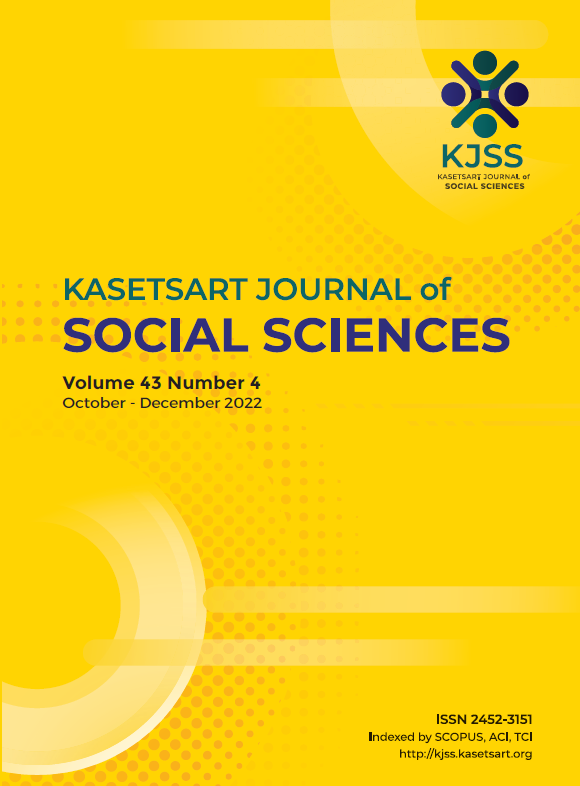Correlation between social networking time use and self-control of university students in Indonesia
Keywords:
academic achievement, college students, self-control, social networking sites, social networking time use scaleAbstract
Social networking sites (SNSs) play a role in communication and connection among people. SNSs are currently the most popular online communication platforms for university students. However, many users experience difficulty managing the urge to use these sites continuously, resulting in excessive time spent on the platforms. Thus, they also display difficulty in overriding their thoughts, which might be related to self-control. The correlation between social networking time use and self-control of university students in Indonesia remains unknown. This study investigated the correlation between social networking time use and self-control among Indonesian university students. This research was conducted through an online survey with 973 university students as participants. The questionnaire collected data on demographics, self-control scale (SCS), and social networking time use scale (SONTUS) to measure time spent on SNSs. This study found that the higher levels of self-control were significantly correlated to spending less time on SNSs. It also found that the higher level of the factor of self-control, such as self-discipline, the ability to do non-impulsive action, health habits, work ethic, and reliability, the less the time spent on SNSs. A higher self-control also significantly correlates with less time on SNSs in relaxation, academic, public places, and stress-related use.
Downloads
Published
How to Cite
Issue
Section
License

This work is licensed under a Creative Commons Attribution-NonCommercial-NoDerivatives 4.0 International License.
This is an open access article under the CC BY-NC-ND license http://creativecommons.org/licenses/by-nc-nd/4.0/










